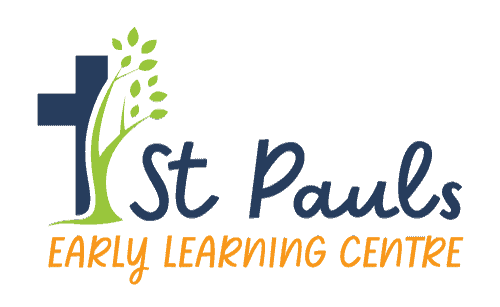The young child is a gift from God (Psalm 127.3)
1. We are committed to quality outcomes for children and in doing so, are guided by ethical and moral values, as we strive to reflect the characteristics of God especially love, justice, compassion and forgiveness.
2.We respect all cultures with an emphasis on learning the history and understanding the perspectives of our Nations’ First People.
3.We believe all children are competent thinkers and learners with the capacity to succeed, therefore we support the inclusion of all children and build a fair and caring inclusive learning community.
4.We believe that we have been given the responsibility to care for and protect the created world and that children have a right to a sustainable future.
5.We believe that the natural environment enriches and expands the quality of children’s learning experiences and is essential for health development.
6.We believe that childhood is a special and valuable stage of the lifelong learning process, during which time children’s experiences of being in the world form the foundation of what they become.
7.We believe that development and learning occur holistically and learning about healthy lifestyles including nutrition, health, physical fitness and wellbeing contributes to children’s success and confidence.
8.We believe good Mental Health and a strong sense of wellbeing allows us all to connect and live a balanced healthy life that maximises learning.
9.We believe that children’s learning occurs within social and cultural contexts. Therefore, we view children in the context of their family and community and value supportive relationships, collaborative learning and decision-making and a high level of engagement between educator and children.
10.We believe that an effective environment for children’s learning requires educators to critically reflect on their practices and develop and adapt to meet the diverse and rapidly changing environment of the learning community for which they have been given responsibility.
11.St Paul’s Nurture Though Nature theory is an interwoven pedagogical approach which uses a range of teaching strategies with kindness, attachment to nature and attachment between adult and children being the Centre of all learning
